-
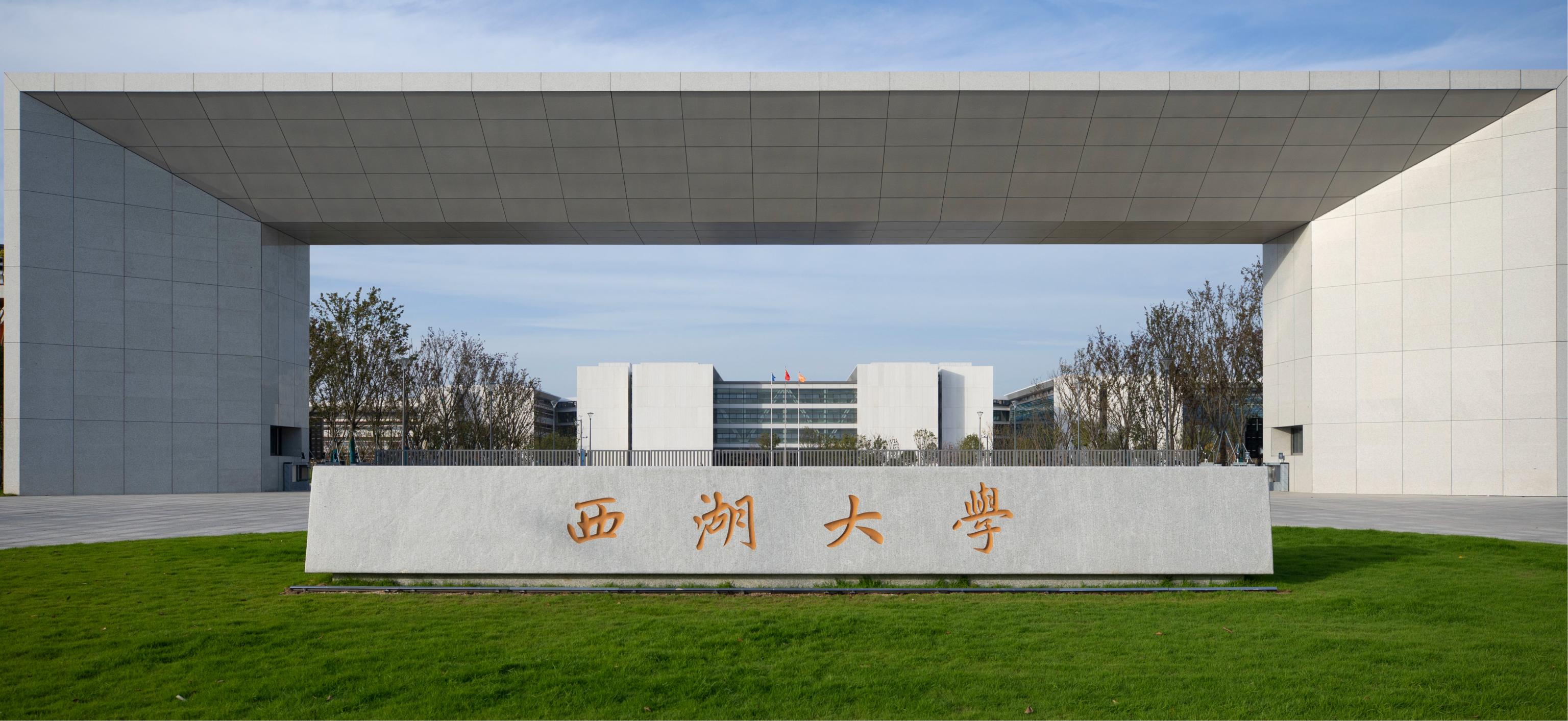
西湖大学本科招生网 成为西湖大学本科生,你将承担独特的使命与责任,和我们一起塑造并定义西湖大学本科的文化、学生的特质。欢迎你加入我们,我们共同创造属于西湖大学的未来!
182025-06
-
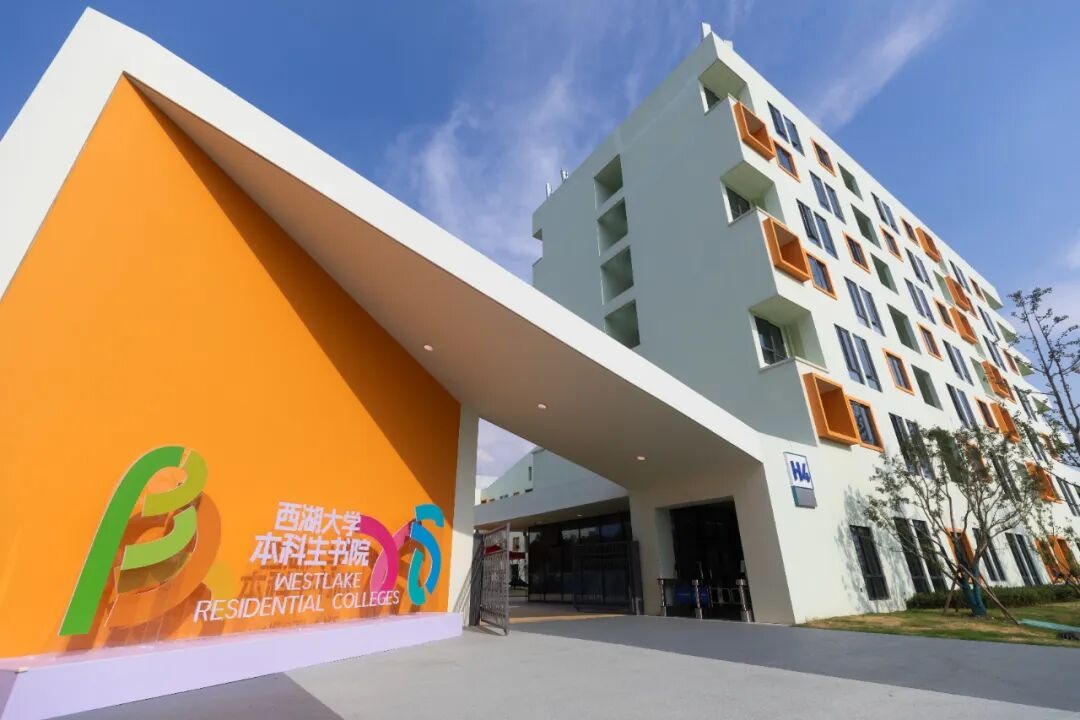
西湖大学本科招生新增一地 采取综合评价招生方式 继2025年首次走出浙江,面向上海、江苏、河南、广东、重庆三省两市招收本科生后,2026年,西湖大学将继续“向北”,首次面向山东省开展综合评价招生,招生专业为数学与应用数学、物理学、化学、材料科学与工程、电子信息工程、人工智能、生物科学、临床医学。 具体招考信息与招生简章,请关注西湖大学微信公众号,或西湖大学本科招生网(https://zh-ugadmissions.westlake.edu.cn),后续将陆续发布。 西湖大学是新中国第一所社会力量举办、国家重点支持的新型研究型大学,2018年2月14日获教育部批准设立,由教育部、浙江省共建。首任校长由生物物理学家、中国科学院院士施一公教授担任。
032025-12
-

2025秋季学期交叉科学中心本科生课程 1. PHY3005 热力学与统计力学课程负责人:汤雷翰课程学分: 4课程时间:星期一 16:10-17:45 | 星期二 09:50-11:25课程地点:E13-206,云谷校区In this course, students will gain a comprehensive understanding of the principles and tools of thermodynamics and statistical mechanics. This knowledge will enable them to analyze macroscopic properties of physical systems based on microscopic interactions. They w...
022025-09
-
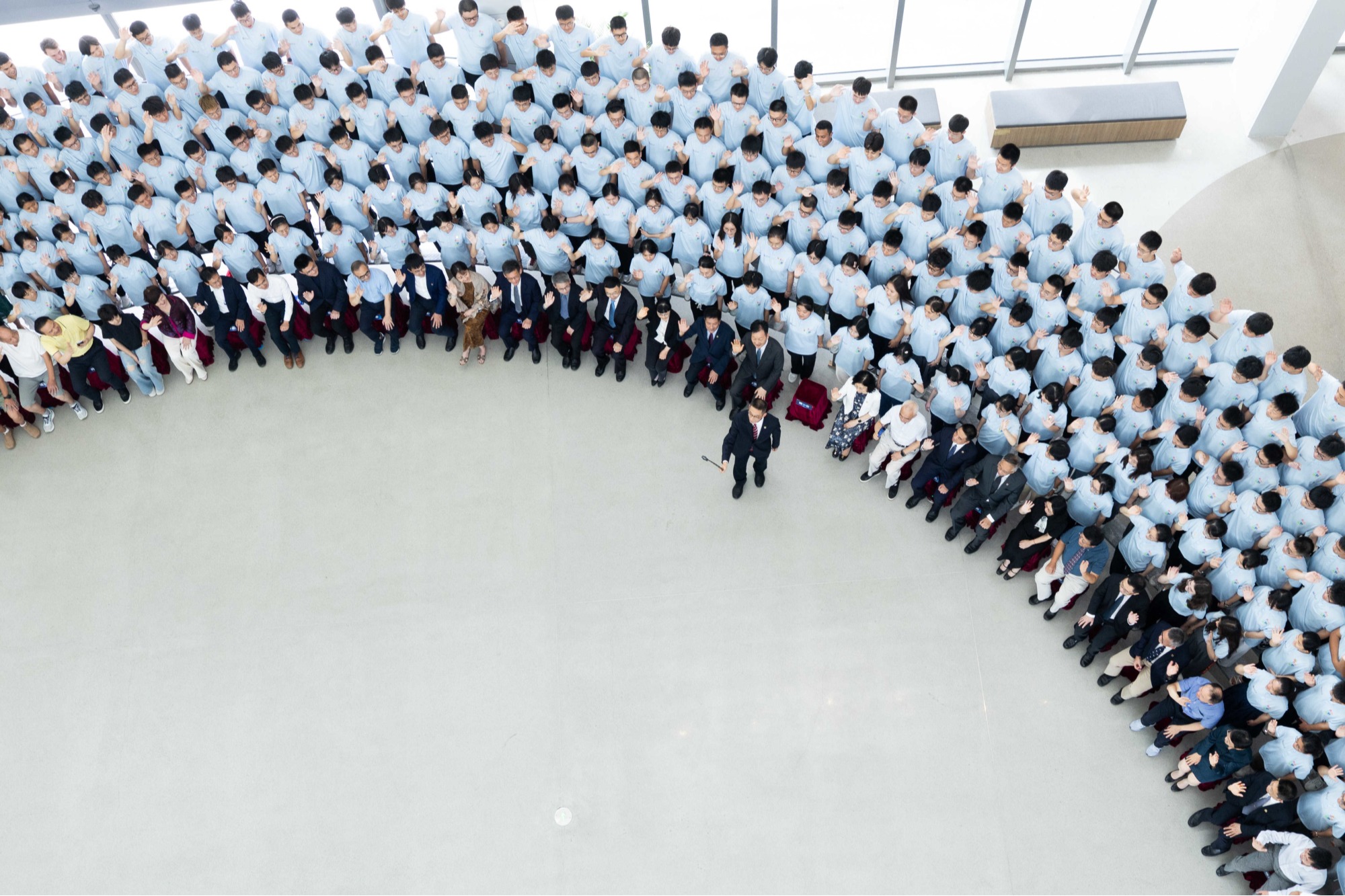
为什么是西湖?西湖大学举行2025级本科生开学典礼 这是西湖大学迄今为止,最热闹的一场本科生开学典礼。 今年,西湖大学首次走向“他们”——首次走出浙江省,在江苏、上海、广东、河南和重庆,招收本科生;首次在“创新班”试点的基础上,增加了综合评价和普通高考两种途径;首次增设临床医学专业;首次通过全国联考招收港澳台侨同学……
112025-08
-
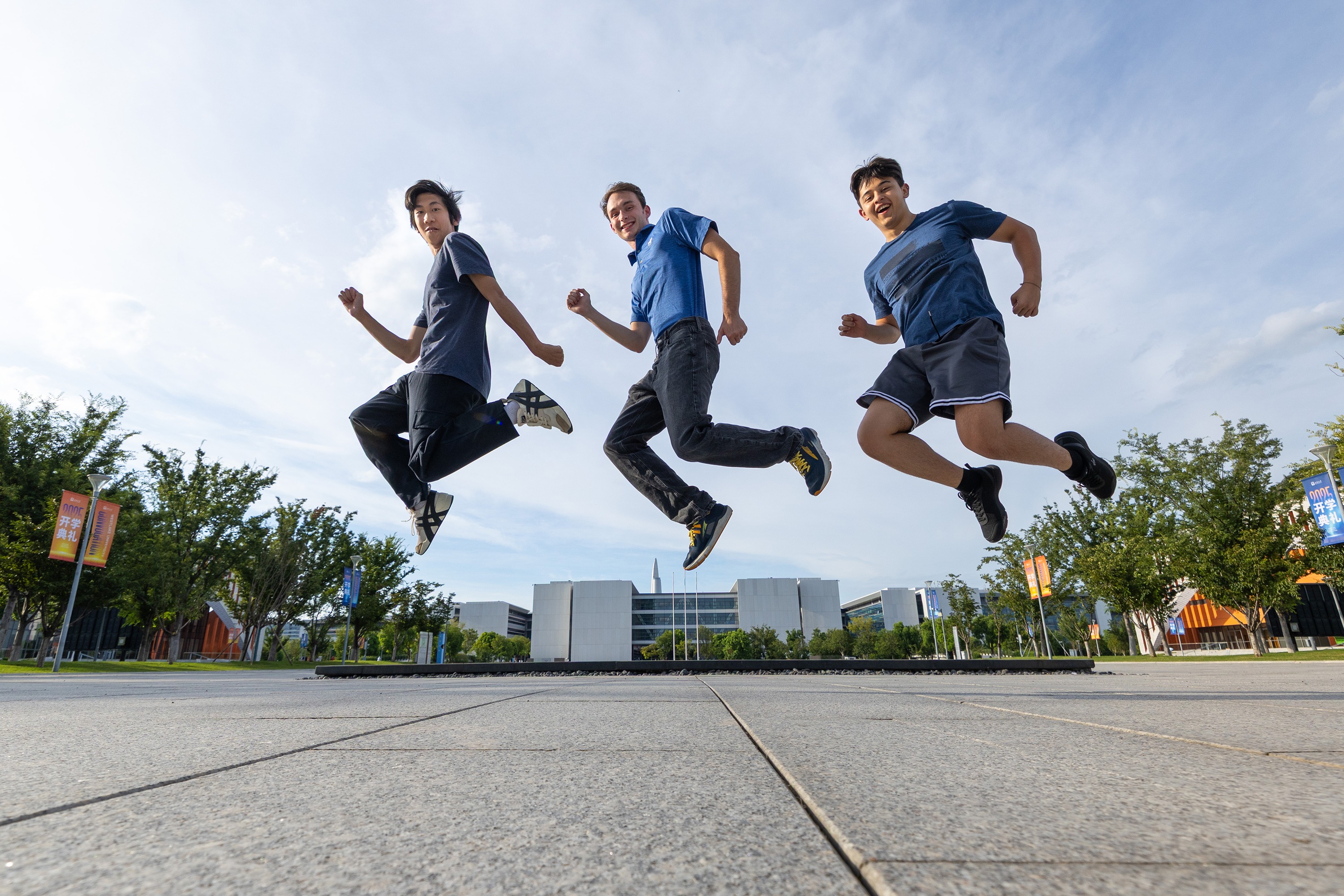
最远的最先到!2025级本科国际生陆续抵达云谷 时间过得飞快。明明录取通知书才开箱没多久,周日就要开学了! 按说,周六,开学典礼前一天,是西湖大学2025级本科新生报到的日子。但这两天,已经有国际生先行抵达中国,抵达云谷校区。 2025年,西湖大学共录取11位国际生,分别来自美国、埃及、德国、巴西等国家。这是西湖大学连续第三年面向全球招收本科国际生,录取人数越来越多,文化背景也越来越多元。
112025-08
-

提前一个月开学,为什么? 8月10日,西湖大学本科新生,开学! 听说,这算是全网开学“最早”的,但也不敢这么说啊,怕违反广告法的精神。所以也是想和大家求证下,真的是“最早”的吗?有没有“更早”的? 不过,更重要的是,来这么早,新生们要经历什么? 这个过程,通常被称为“始业教育”,其主要目的,是帮助学生适应新的学习环境,了解学校的相关规定和制度,以及逐步形成未来的学业规划。
112025-08
-
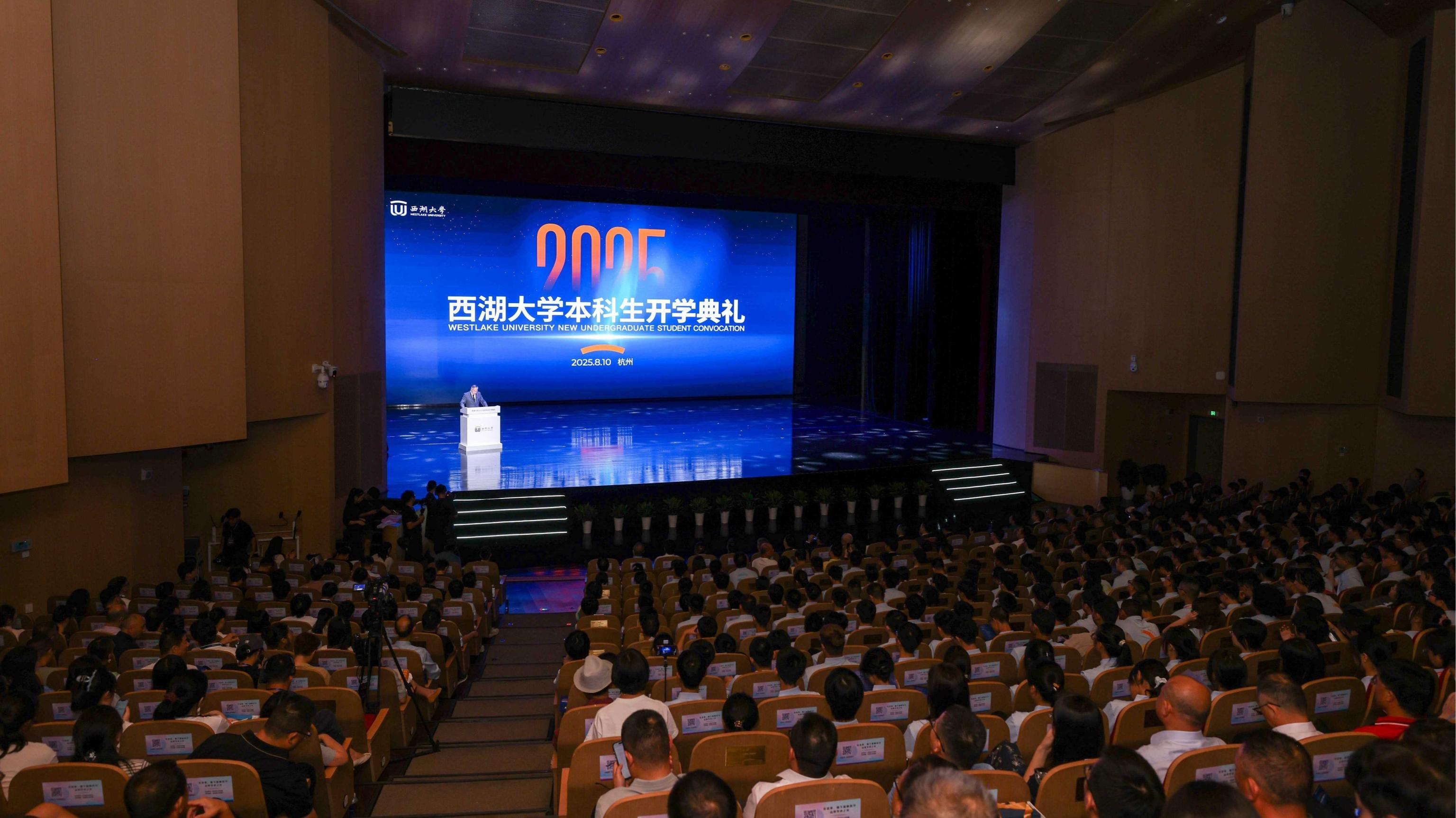
为什么是西湖?西湖大学举行2025级本科生开学典礼 这是西湖大学迄今为止,最热闹的一场本科生开学典礼。 今年,西湖大学首次走向“他们”——首次走出浙江省,在江苏、上海、广东、河南和重庆,招收本科生;首次在“创新班”试点的基础上,增加了综合评价和普通高考两种途径;首次增设临床医学专业;首次通过全国联考招收港澳台侨同学……
112025-08
-

2024-2025春季学期交叉科学中心本科生课程 1. SCI1002 AI+科学课程负责人:吴泰霖课程学分: 1课程时间:星期四 18:30-20:05课程地点:E10-306,云谷校区随着人工智能(AI) 的迅猛发展, 人工智能与各门科学的交叉融合逐渐成为一个显著的科学研究趋势。 本课程面向所有专业的本科生或者研究生, 导论式介绍人工智能与各个前沿科学技术的交叉。包含人工智能与数学、物理、生命科学、材料、航空航天、可控核聚变、量子计算、脑机接口等交叉的当前进展和研究前沿,以及了解...
282024-05


